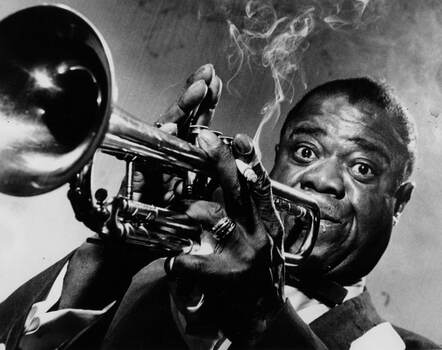New York, NY (Top40 Charts) There is a lot of data on the two primary cannabinoids, THC and CBD. There are also nearly 100 other cannabinoids in the plant, and each influences the body in specific ways.
Cannabis also contains other natural blends useful to the body—these include terpenes, chlorophyll, etc. Ongoing studies revolve around how these distinctive components affect different areas of the body singularly or collectively.
1. How Cannabis Affects Cognitive Performance in Minors
This ongoing study by the University of Colorado School of Medicine aims to understand how weed may impact a teenager's intellectual capabilities. This investigation is somewhat not the same as others that have been done on the topic.
Preliminary data shows that even the smallest amount of marijuana use can have long-term consequences on teenagers' cognitive development. Findings from the research may provide critical insights for policymakers, doctors, and parents on the subjects.
2. Understanding and Preventing Terpenes Volatility in Cannabis:
Studies have shown that terpenes are crucial for the therapeutic benefit of cannabis. They play a critical part in the flavor, viability, pharmacology, and aroma of the pot. Recognizing the differences between clear, cloudy, and amber trichomes may be the key to optimizing terpene for maximum therapeutic potency.
Sadly, terpenes are unstable, and many of them get lost before they can benefit the user. This study, published in late 2020 in the Journal of Cannabis Research, tries to design approaches to maximize and preserve terpenes in weed.
3. Breathalyzer-Like Saliva Test for Drivers High on Weed
Weed is gradually joining the stature of legal recreational drugs. However, much like alcohol, it is a major risk to get behind the wheels high on weed.
Along these lines, researchers are working to devise a method for detecting whether a driver is high on cannabis or not. Preliminary data from a study by the University of Texas show that it may be possible to detect weed content in a driver's bloodstream using a saliva test.
4. Smokeless Consumption of Weed
Medical marijuana is now a respectable and much-preferred option for pain management as opposed to opioid-based pain killers. However, the biggest challenge with marijuana has always been that the only fastest way to get its benefits is by smoking.
Smoking may affect the respiratory health of a user, especially if the individuals have chest complications.
One study by Israeli scientists is currently looking into how an innovative smokeless chamber can deliver the cannabinoids patients need for relief from discomfort. The chamber, called CannaHALER, may reach the markets soon.
5. THC Doesn't Make You Lethargic
Athletes are increasingly turning to weed to improve performance and help in recovery. However, many are hesitant because of an old idea, and possibly a misconception—that using weed makes you sluggish.
Not much is known about THC's impact on motivation and endurance. Scientists know that CB1 receptors, which interact with THC to produce a high, play a role in motivation. But does weed cause lethargy?
French researchers taught mice to make jabs to open a running wheel. They found that THC had no impact on a mouse's inclination to run, how hard they attempted to open the wheel, or their strength while running. This shows that THC doesn't impact performance and motivation.
Nonetheless, the researchers found that genetically removing a mouse's CB1 receptors reduced their motivation to run. This is significant because excessive THC use numbs CB1 receptors. It is a head-scratcher.
6. A New THC-like Compound Discovered
Researchers have been examining the structure of cannabis for almost a hundred years, hitherto identifying almost 150 cannabinoids. But, it is possible that we have barely scratched the surface when it comes to knowing the cannabis plant.
Italian researchers recently discovered another cannabinoid,
THCP (tetrahydrocannabiphorol), from the FM2 strain of weed. They tested its effect on the natural endocannabinoid system of mice.
They found that THCP mirrored the impacts of THC and appeared to be twice as potent as THC. This was reflected in its high propensity for binding to the endocannabinoid receptors, CB1 and CB2, which regulate weed's high' and pain relief effects.
They say that THCP binds 30x times faster to CB1 receptors and six times faster to CB2 receptors than THC. Does this mean that THCP can get you 30 times "higher" than THC? Scientists are perplexed.
























